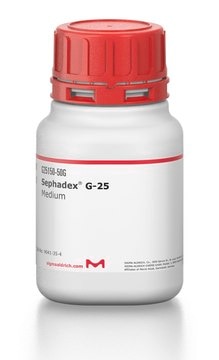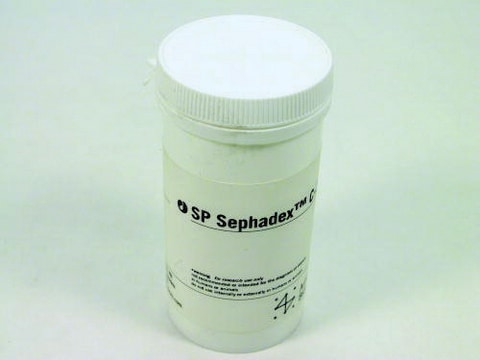G1278
Galantide
≥90% (HPLC)
Sinónimos:
M15
About This Item
Productos recomendados
Análisis
≥90% (HPLC)
formulario
powder
técnicas
drug transporter assay: suitable
color
white
Nº de acceso UniProt
temp. de almacenamiento
−20°C
cadena SMILES
CSCC[C@H](NC(=O)[C@H](CC(C)C)NC(=O)CNC(=O)[C@H](Cc1ccccc1)NC(=O)[C@H](Cc2ccccc2)NC(=O)[C@H](CCC(N)=O)NC(=O)[C@H](CCC(N)=O)NC(=O)[C@@H]3CCCN3C(=O)CNC(=O)[C@H](CC(C)C)NC(=O)[C@H](CC(C)C)NC(=O)[C@H](Cc4ccc(O)cc4)NC(=O)CNC(=O)[C@H](C)NC(=O)[C@H](CO)NC(=O)[C@H](CC(N)=O)NC(=O)[C@H](CC(C)C)NC(=O)[C@@H](NC(=O)[C@H](Cc5c[nH]c6ccccc56)NC(=O)CN)[C@@H](C)O)C(N)=O
InChI
1S/C104H151N25O26S/c1-54(2)39-70(91(142)113-52-87(139)129-37-20-27-80(129)103(154)120-69(33-35-82(107)134)93(144)119-68(32-34-81(106)133)94(145)124-76(44-61-23-16-13-17-24-61)99(150)123-74(43-60-21-14-12-15-22-60)92(143)112-51-86(138)116-71(40-55(3)4)95(146)118-67(89(109)140)36-38-156-11)121-96(147)72(41-56(5)6)122-98(149)75(45-62-28-30-64(132)31-29-62)117-85(137)50-111-90(141)58(9)114-102(153)79(53-130)127-100(151)78(47-83(108)135)125-97(148)73(42-57(7)8)126-104(155)88(59(10)131)128-101(152)77(115-84(136)48-105)46-63-49-110-66-26-19-18-25-65(63)66/h12-19,21-26,28-31,49,54-59,67-80,88,110,130-132H,20,27,32-48,50-53,105H2,1-11H3,(H2,106,133)(H2,107,134)(H2,108,135)(H2,109,140)(H,111,141)(H,112,143)(H,113,142)(H,114,153)(H,115,136)(H,116,138)(H,117,137)(H,118,146)(H,119,144)(H,120,154)(H,121,147)(H,122,149)(H,123,150)(H,124,145)(H,125,148)(H,126,155)(H,127,151)(H,128,152)/t58-,59+,67-,68-,69-,70-,71-,72-,73-,74-,75-,76-,77-,78-,79-,80-,88-/m0/s1
Clave InChI
TZOJVPDIYKRJSM-GKPUQKAJSA-N
Información sobre el gen
human ... GAL(51083)
Amino Acid Sequence
Acciones bioquímicas o fisiológicas
Código de clase de almacenamiento
11 - Combustible Solids
Clase de riesgo para el agua (WGK)
WGK 3
Punto de inflamabilidad (°F)
Not applicable
Punto de inflamabilidad (°C)
Not applicable
Equipo de protección personal
Eyeshields, Gloves, type N95 (US)
Certificados de análisis (COA)
Busque Certificados de análisis (COA) introduciendo el número de lote del producto. Los números de lote se encuentran en la etiqueta del producto después de las palabras «Lot» o «Batch»
¿Ya tiene este producto?
Encuentre la documentación para los productos que ha comprado recientemente en la Biblioteca de documentos.
Nuestro equipo de científicos tiene experiencia en todas las áreas de investigación: Ciencias de la vida, Ciencia de los materiales, Síntesis química, Cromatografía, Analítica y muchas otras.
Póngase en contacto con el Servicio técnico








